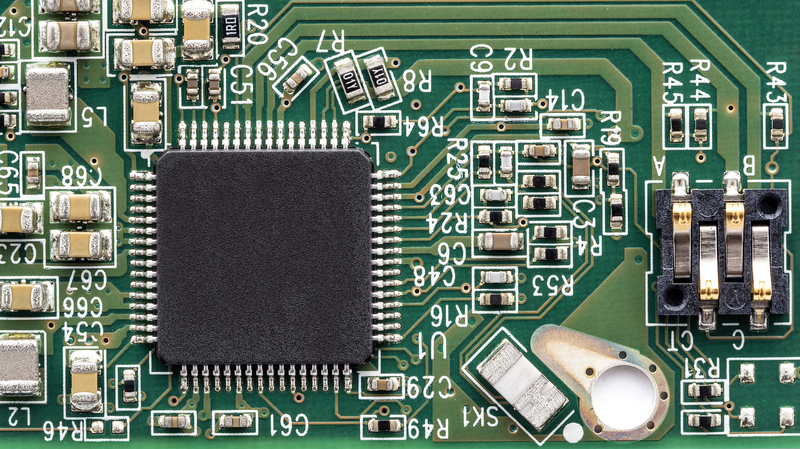Remember the Clipper chip controversy of the 1990s? That heated debate over built-in backdoors in U.S. encryption hardware is making a modern comeback. On May 9, Senator Tom Cotton introduced the "Chip Security Act," a proposal to embed location-tracking mechanisms in certain advanced AI chips.
The bill aims to tighten export controls and prevent the Chinese mainland from acquiring critical semiconductor technology. While some exported processors already include these features, the new legislation would formalize the mandate and broaden its scope.
Tech experts warn the move could ripple through global supply chains. According to industry data, 60% of advanced AI chip manufacturing relies on intricate cross-border partnerships. Insisting on built-in tracking could drive up costs and push some firms to rethink global partnerships, potentially fragmenting an already complex semiconductor ecosystem.
Digital security advocates also caution against unintended consequences. Hardware-based surveillance chips could introduce new vulnerabilities, turning once-trusted devices into potential entry points for cyberattacks. For emerging markets and startups, the additional compliance burden may stifle innovation or shift development offshore.
As young global citizens and tech enthusiasts watch closely, this debate raises big questions: How far should governments go to protect national security? And what impact will mandatory tracking have on the future of AI hardware, open research, and digital trust? Join the conversation and share your perspective on the balance between security and innovation.
Reference(s):
Clipper chip is back? U.S. pushing for hardware surveillance
cgtn.com




